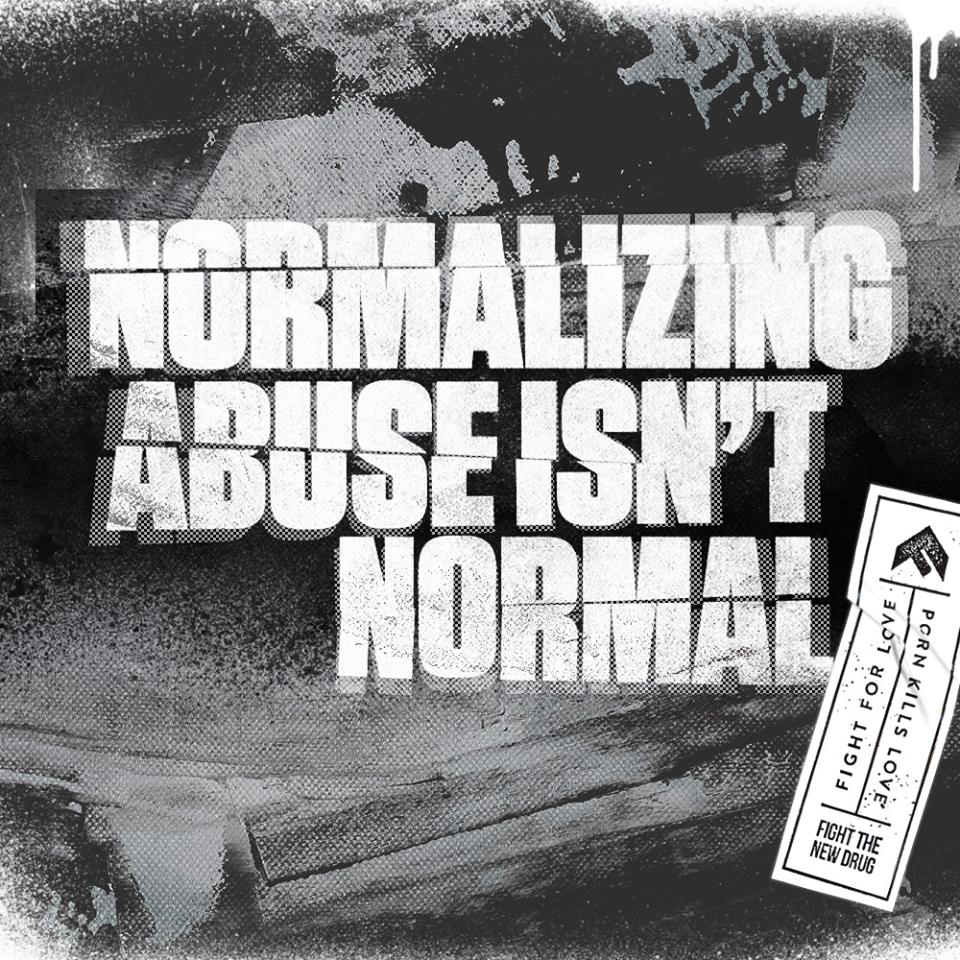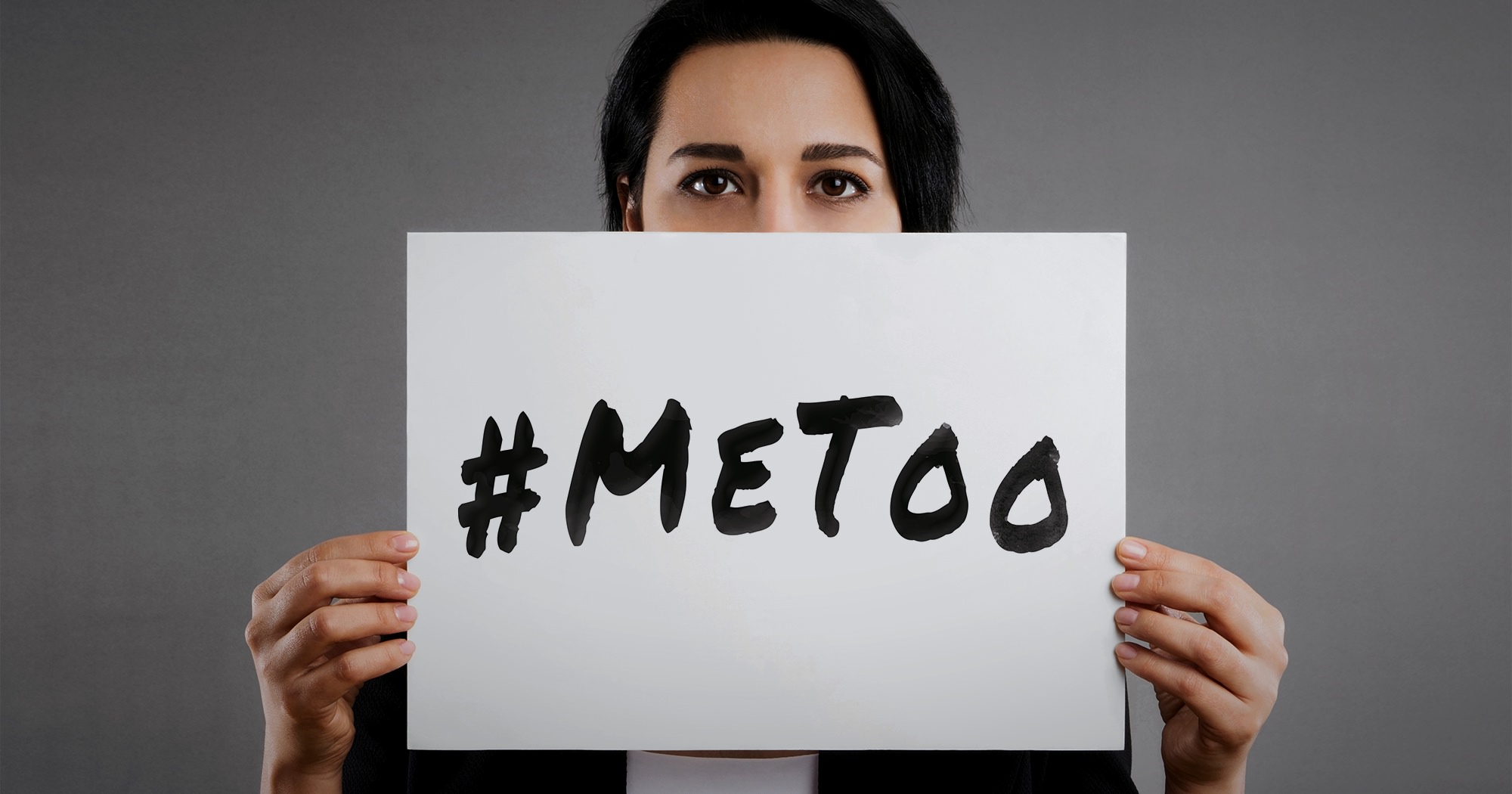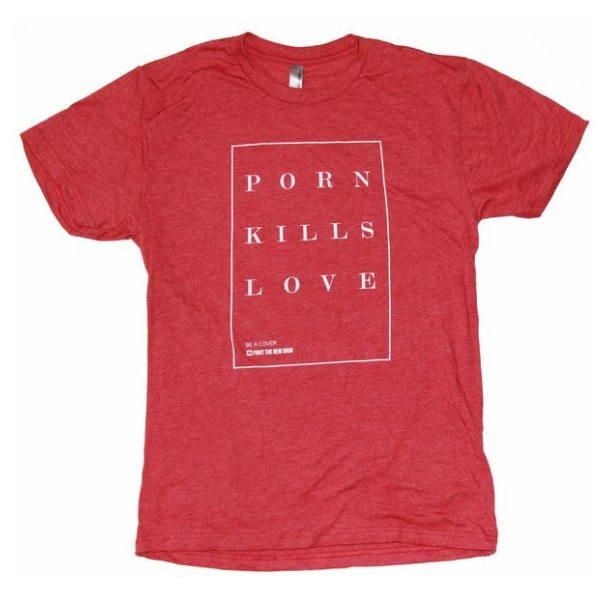This Article was Originally Published in 2017, the year a Majority of the events discussed took place.
By now, many of us have scrolled past hundreds of #MeToo statuses, possibly reading dozens of personal stories of harassment, abuse, and assault.
If you’re confused about what inspired this social media trend, here’s a little review: in the wake of multiple recent allegations of sexual harassment and sexual assault per Harvey Weinstein, actress Alyssa Milano suggested people utilize the #MeToo campaign (founded by Tarana Burke) for victims of sexual assault to break their silence and share their stories—and break the silence, many did.
Since reading these heartbreaking stories, it’s left many of us asking what we can do in the face of such a monumental issue.
How many of us have dozens of relatives, friends, and acquaintances who shared their own experiences of personal violation, only to leave us feeling like we can’t do anything to stop what seems like the alarmingly normal trend of abuse and harassment? How many of us shared personal stories? How many of us absolutely have a reason to #MeToo, but didn’t want to relive the events that gave us those reasons? Regardless of where you fall on the #MeToo spectrum, this is an issue we should all be concerned about. And while it’s important to remember that #MeToo stories apply to both women and men, we have to acknowledge that the stats are unbelievably disproportionate and lean heavily toward women being abused, and men abusing.
We can’t let the deafening choruses of “me too’s” be drowned out by the deafening silence of inaction.
The truth is, every one of us can play a part in creating a desirable culture that is inhospitable to the normalization of sexual assault and sexual harassment. And that change is possible if each and every one of us refuses to buy into a huge industry that normalizes and even promotes the same kind of behavior you’ll read in #MeToo statuses as sexual fantasy and adult entertainment.
Refuse To Contribute To Sexual Exploitation
You might be wondering, “Why does an anti-porn organization have anything to do with fighting sexual assault and rape culture?”
Even though, as a society, we’re all collectively trying to address this systemic issue, so many still continue to excuse pornography from the larger conversation about exploitation and rape culture. And that’s a problem.
It might surprise you to know that fighting against the normalization of hate, abuse, and exploitation is a central part of the fight against porn. As an organization, at the core of what we do and believe, we don’t think anyone should minimize harassment and assault, no matter if it’s a situation in real life or a scripted scene in a porn video.
Related: The Weinstein Effect: Selective Hearing When It Comes To Sexual Exploitation
If you’re not sure of the content we’re referring to, a couple examples of today’s mainstream content include teens getting taken advantage of against their will, women “asking for it” when they wear tight or revealing clothing, or women being sexually humiliated as punishment for “wrongdoing.”
How can we be a culture that speaks out against the blatant abuse and sexual exploitation at the hands of people in power, people like Weinstein—yet as a culture, we fail to acknowledge the exact same type of abuse that is fantasized and fetishized all over the web? How can we be a society that rightfully fights to expose abusers—yet so brutally ignores the same kind of sexual abuse and exploitation portrayed in one of the world’s largest and most prolific industries?
With the average age of first porn exposure at 11 years old, and getting younger all the time with the ease of technology, this fetishized abuse makes an early debut in the majority of kids’ lives. This is where young people get harmful ideas that include seeing violence, sexual assault, and abuse as “normal” or “acceptable” behaviors. And as research and personal accounts have increasingly shown, these ideas don’t just stay ideas—pornography really does change the way we view others and influence the way we act. If we have any hope of a culture that does not fuel the dehumanization and mistreatment of others, we especially need to change what society allows young people to be influenced by.
Change Culture
“If we want these #MeToo experiences to decrease, we must begin to change our culture… We must recognize that objectification, rape culture, pornography, sexual violence, prostitution, sex trafficking must be addressed and the links between them made known,” says Dawn Hawkins, Executive Director of the National Center on Sexual Exploitation.
Related: Is There A Connection Between Porn Culture And Rape Culture?
This includes considering the ways in which many of us are complacent in fueling rape culture and fostering a social environment where sexual harassment and sexual assault are not taken seriously or addressed properly. This includes considering what we consume and watch, and what sexually exploitative material we have allowed to be normalized in our lives. This includes considering when we have been upset by a #MeToo status, yet not when we’ve seen abuse and objectification of men and women in pornography.
In addressing the issue of sexual exploitation, harassment, and abuse in our society, it is necessary that we address the ways that porn promotes inequality and feeds into the damaging narrative that women are objects to be used or sexual means to an end. And it won’t be easy to change the culture that surrounds us, but it is important that we do.
What Do We Do?
So where do we go from here? We’re so glad you asked.
We invite you to partner with us in stopping the demand for sexual exploitation at the source—the consumer—and join us in fighting the toxic pornography industry that saturates our culture with the damaging ideas that people are products. We encourage you to speak out and fight the perception that the abuse and humiliation of women are “acceptable in the name of entertainment,” when that same entertainment fuels the violence that needs to be stopped.
It’s time we stepped up to the challenge of fighting a culture that is so accepting of rape myths, victim blaming, and abuse normalization by refusing to contribute to an industry that is guilty of all these offenses. We hope you’ll join us.

What YOU Can Do
We cannot remain silent, or inactive. SHARE this post and spark conversations that include talking about how pornography is part of the assault and harassment epidemic.
Spark Conversations
This movement is all about changing the conversation about pornography. When you rep a tee, you can spark meaningful conversation on porn’s harms and inspire lasting change in individuals’ lives, and our world. Are you in? Check out all our styles in our online store, or click below to shop:
Your Support Matters Now More Than Ever
Most kids today are exposed to porn by the age of 12. By the time they’re teenagers, 75% of boys and 70% of girls have already viewed itRobb, M.B., & Mann, S. (2023). Teens and pornography. San Francisco, CA: Common Sense.Copy —often before they’ve had a single healthy conversation about it.
Even more concerning: over half of boys and nearly 40% of girls believe porn is a realistic depiction of sexMartellozzo, E., Monaghan, A., Adler, J. R., Davidson, J., Leyva, R., & Horvath, M. A. H. (2016). “I wasn’t sure it was normal to watch it”: A quantitative and qualitative examination of the impact of online pornography on the values, attitudes, beliefs and behaviours of children and young people. Middlesex University, NSPCC, & Office of the Children’s Commissioner.Copy . And among teens who have seen porn, more than 79% of teens use it to learn how to have sexRobb, M.B., & Mann, S. (2023). Teens and pornography. San Francisco, CA: Common Sense.Copy . That means millions of young people are getting sex ed from violent, degrading content, which becomes their baseline understanding of intimacy. Out of the most popular porn, 33%-88% of videos contain physical aggression and nonconsensual violence-related themesFritz, N., Malic, V., Paul, B., & Zhou, Y. (2020). A descriptive analysis of the types, targets, and relative frequency of aggression in mainstream pornography. Archives of Sexual Behavior, 49(8), 3041-3053. doi:10.1007/s10508-020-01773-0Copy Bridges et al., 2010, “Aggression and Sexual Behavior in Best-Selling Pornography Videos: A Content Analysis,” Violence Against Women.Copy .
From increasing rates of loneliness, depression, and self-doubt, to distorted views of sex, reduced relationship satisfaction, and riskier sexual behavior among teens, porn is impacting individuals, relationships, and society worldwideFight the New Drug. (2024, May). Get the Facts (Series of web articles). Fight the New Drug.Copy .
This is why Fight the New Drug exists—but we can’t do it without you.
Your donation directly fuels the creation of new educational resources, including our awareness-raising videos, podcasts, research-driven articles, engaging school presentations, and digital tools that reach youth where they are: online and in school. It equips individuals, parents, educators, and youth with trustworthy resources to start the conversation.
Will you join us? We’re grateful for whatever you can give—but a recurring donation makes the biggest difference. Every dollar directly supports our vital work, and every individual we reach decreases sexual exploitation. Let’s fight for real love:


